- Tags:
- Vending Machines
Related Article
-
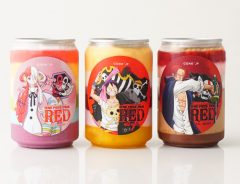
One Piece Film Red cakes in a can hit vending machines in Japan
-
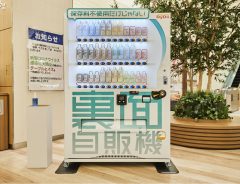
New Japanese vending machine displays only nutritional information and back label for drinks
-

74-Year-Old Japanese Farmer Stocks Vending Machine Daily With Homemade Curry Rice For Hungry Travelers
-
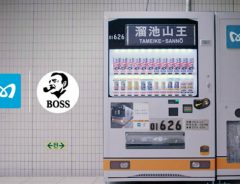
Tokyo Station Recycles Retired Train into Awesome Drinks Vending Machine
-
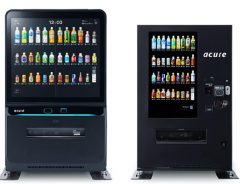
New Subscription Service Lets You Have Any One Drink Per Day at Smart Vending Machines
-
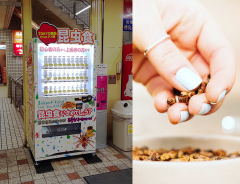
Japan’s edible insect vending machines dish out luxury bug bits
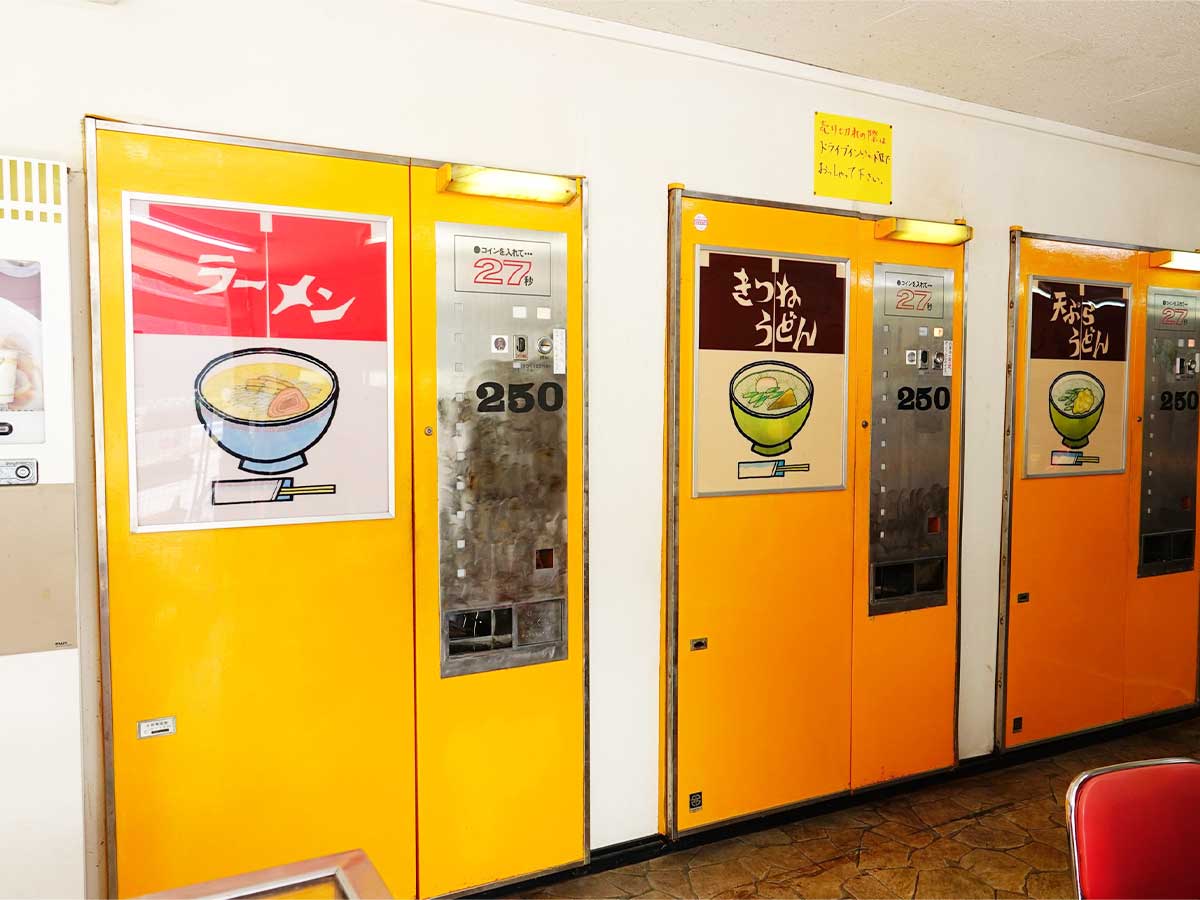


Vending machine paradise
Japan is a vending machine paradise.
According to an article in IT Media, while their numbers are slowly dipping as a result of competition from convenience stores and a decreasing population, Japan still has the most vending machines per capita in the world.
Moreover, with the country's relatively low crime rate, there's no reason to keep machines locked indoors where they can be more easily monitored so you'll find vending machines outside in both urban and rural areas. Vending machines are a part of the quotidian landscape.
Technological innovations accelerated their acceptance. Ever since 1973 when canned coffee brand Pokka came out with the first model, vending machines selling both cold and hot beverages have become standard. Separate hot and cold machines were no longer necessary, so installing a vending machine became a more attractive proposition. Machines accepting various forms of electronic payment and other features played a similar role.
Finally, in recent years, the coronavirus pandemic has encouraged a new trend: to provide contact-less shopping, stores now offer things like meats, prepared dishes, and even bento lunches and other goods sold during their normal operating hours from vending machines, while frozen food makers selling things like ramen and gyoza dumplings use them as an alternative retail outlet as well.
A major incentive
There's another fundamental reason contributing to the popularity of vending machines in this country. Unless you live in Japan and have experience installing a vending machine, however, you may not be aware of it.
A writer at our sister site Grape gained this insight in an interview with the Japan Vending Machine Manufacturers Association:
If you want to put a vending machine selling soft drinks, juice, or any other non-alcoholic beverage (with the exception of milk) in plastic bottles, cans, or glass bottles in front of your home or business, no permit to install or sell products is necessary.
As long as the vending machine meets basic criteria such as not getting in the way of road traffic and being installed in an earthquake-resistant manner, you're free to install it as you please.
Finally, if you go with the most conventional type of machine selling drinks, you can either buy or rent a machine or enter into a contract with a vending machine company. Assuming they consider your location viable, the company agrees on it, then handles the installation of the machine and restocking of the products. You're responsible for electricity and get a margin on sales.
It's not hard to see why many business owners find it an attractive source of additional revenue.
With so many things requiring permits in Japan, the ease with which you can install a vending machine is one of the factors that has historically contributed to their prevalence throughout the country.
Permits for some things
Of course, as you can imagine, some things DO require permits. Here's the list:
Apart from that, you're free to sell whatever you'd like without needing to contact any government office for a permit or even notify someone after the machine is installed. Want to operate a lottery vending machine selling non-consumable goods? No problem. How about frozen ramen, gyoza, or other frozen foods? Go ahead. Want to sell toys, towels, or t-shirts? Go for it!
Of course, most of our readers won't be thinking about installing a vending machine but rather finding them and trying them out.
If you do, just make sure to check inside the coin slot before you insert your coin.